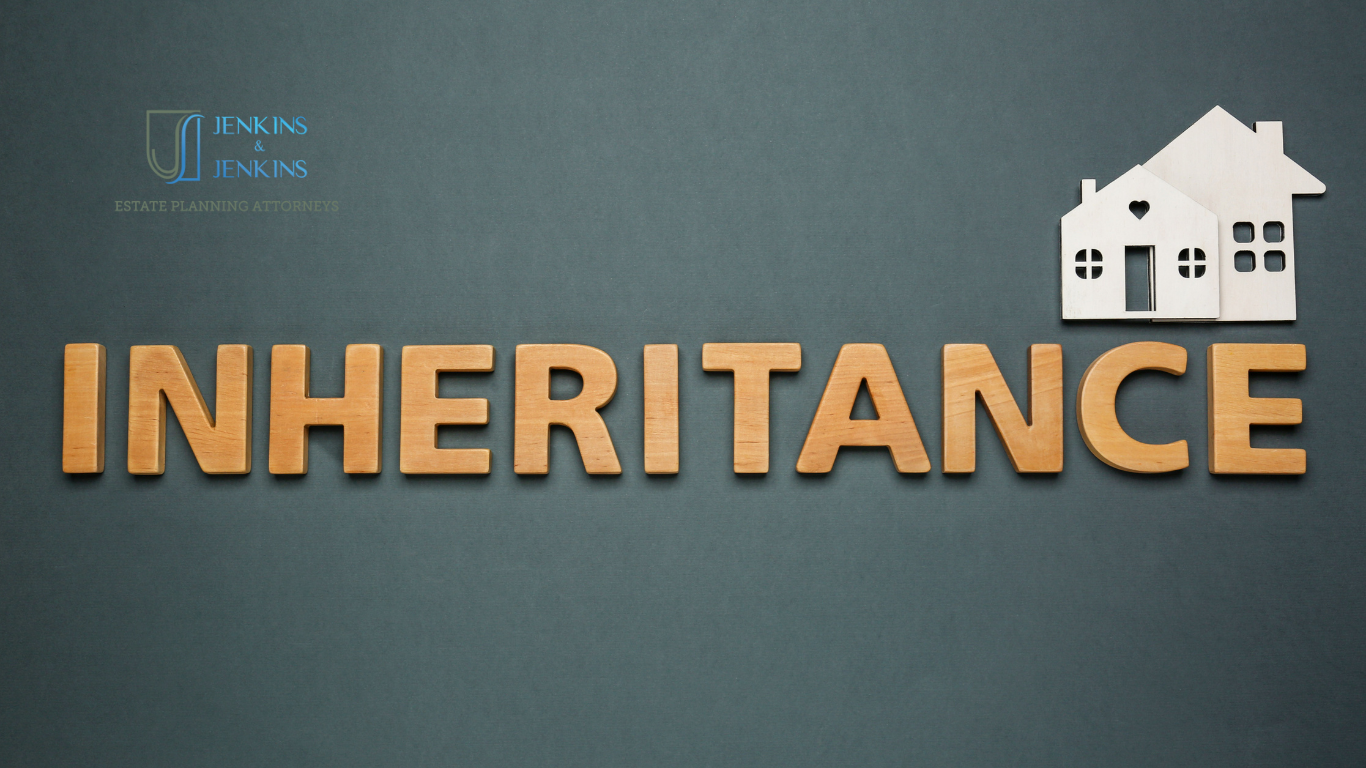When we think about estate planning, our minds often jump to financial assets, real estate, or the people we love. But for many pet owners, their furry family members are just as important—and ensuring their well-being after we’re gone is a crucial part of a comprehensive estate plan.
If you’re a pet parent, you know that your pets are much more than animals; they’re beloved members of your family. So, what happens to them if you pass away unexpectedly? While pets are considered property under the law, you can take steps to ensure they receive the care and attention they deserve, even if you’re no longer around to provide it.
In this blog, we’ll walk you through how to plan for your pets in your estate plan, including how to make sure they are properly cared for, who can take responsibility for them, and how to leave financial resources for their future.
Naming a Guardian for Your Pets
Just like you would designate a guardian for your children, it’s equally important to name a guardian for your pets. This person will be responsible for taking care of your pet’s daily needs, including food, exercise, and medical care, if something happens to you.
When selecting a guardian for your pet, consider:
- Pet experience: Choose someone who is comfortable with the specific needs of your pet. For example, if you have a high-energy dog or a senior cat with health issues, make sure the person you pick is equipped to handle these needs.
- Willingness: Be sure the person is willing and able to take on the responsibility of caring for your pet. Caring for a pet can be time-consuming and expensive, so it’s important to discuss this responsibility with them beforehand.
- Backup guardian: Just like with children, it’s a good idea to name a secondary guardian in case your first choice isn’t able to care for your pet when the time comes.
A written pet care agreement can also help clarify your expectations and the level of care you want for your pet. This could include feeding routines, medical preferences, exercise habits, and any special care instructions.
Creating a Pet Trust: Securing Your Pet’s Financial Future
While you may have a clear idea of who should care for your pet, one of the biggest challenges is ensuring that there are enough resources to provide for them. A pet trust can help ensure your furry friend has the financial means to live comfortably if you pass away.
A pet trust is a legal document that sets aside money for the care of your pet, designating a trustee to manage the funds. This can cover a variety of expenses, such as:
- Food and supplies
- Veterinary care
- Boarding and grooming
- Special needs care (e.g., medication, physical therapy)
The trust allows you to specify exactly how much money should be set aside for your pet’s care and outlines how the funds should be spent. It also ensures that the money is used specifically for your pet’s well-being and not for anything else. You can also designate a remainder beneficiary—someone who will receive the leftover funds if your pet passes away before the trust is depleted.
Including Your Pet in Your Will
In addition to creating a pet trust, you should include provisions for your pet in your will. Your will allows you to name a guardian for your pet and specify your wishes for their care. However, unlike a trust, a will doesn’t allow you to set aside money for your pet’s future care. That’s why combining both documents—your will and a pet trust—is a great way to cover all bases.
In your will, you can:
- Name a guardian: Specify the person who should take responsibility for your pet.
- Detail care instructions: Include any special instructions for your pet’s care, such as feeding preferences, medical needs, or favorite activities.
- Leave funds for care: Although a will doesn’t allow for a dedicated pet trust, you can still leave a sum of money to your pet’s guardian for their care. However, this money is not legally protected and could be used for other purposes, so it’s not as reliable as a trust.
Remember, a will must go through the probate process, which can take time. This means your pet’s care could be delayed while the probate process is underway. That’s why a pet trust is often a more effective way to ensure timely care.
Pet Care Instructions: Detailed and Thorough
One of the most important parts of planning for your pet’s future is making sure your pet’s new guardian knows exactly how to care for them. Just as you’d include specific instructions for family members in your estate plan, the same goes for your pet’s needs.
Here are some things to include in a pet care plan:
- Daily routine: Does your pet have a specific feeding schedule or exercise routine? Are there any behavioral issues that require special attention?
- Medical history and needs: Keep a list of any medications, allergies, or ongoing medical treatments your pet may need.
- Favorite activities: Does your pet love daily walks, playtime with a favorite toy, or cuddling at a certain time of day? Include these details to make the transition smoother for your pet.
- Emergency contacts: In case the designated guardian needs assistance or advice, list your vet’s contact information, as well as any emergency contacts.
Including thorough care instructions will help the guardian understand your pet’s needs and ensure that they continue to receive the same level of care they were accustomed to while you were around.
Reassessing and Updating Your Pet Plan
As with any aspect of your estate plan, it’s important to review and update your pet planning documents as your life changes. If you move, have a new pet, or change your pet’s care routine, be sure to update your will, trust, and pet care instructions. Additionally, check in with your pet’s guardian regularly to make sure they’re still willing and able to take on this responsibility.
Regular updates ensure that your pet’s future is always properly planned for, no matter what life brings.
Why Pet Planning Is Important
Your pets are more than just companions—they’re family. Planning for their care after you’re gone is one of the most selfless and thoughtful things you can do for them. With a little bit of time and effort, you can ensure that your furry family members will continue to live a happy, healthy life after you’re no longer there to care for them.
At Jenkins & Jenkins, we understand how important pets are to families, and we’re here to help you make sure your beloved animals are protected. Whether you need assistance drafting a pet trust, updating your will, or creating a comprehensive pet care plan, our estate planning team is here to help. Contact us today to start planning for your pets’ future.






